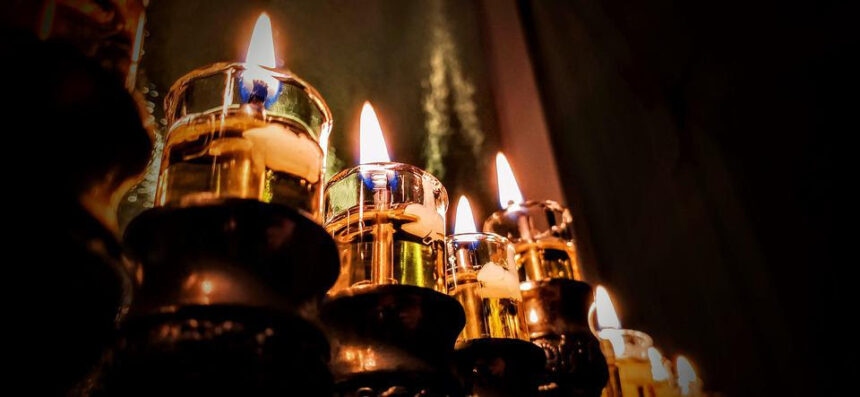דַּבֵּר אֶל אַהֲרֹן וְאָמַרְתָּ אֵלָיו בְּהַעֲלֹתְךָ אֶת הַנֵּרֹת אֶל מוּל פְּנֵי הַמְּנוֹרָה יָאִירוּ שִׁבְעַת הַנֵּרוֹת
Speak to Aharon and say to him, “When you light the lamps, the seven lamps should cast their light toward the face of the menorah.” (8:2)
When the Torah discusses the various tasks and functions that took place in the Mishkan, it is easy to “switch off” from searching how to apply these duties to our daily lives. After all, we do not have a Mishkan, we do not even have a Beis HaMikdash, and we may not even be Kohanim! Yet, the Torah’s eternality does not simply mean that the Torah will always be generally relevant, it means that it will always be specifically relevant to every aspect of our lives, during every moment of every day.
On this verse, for instance, Rav Pincus would recall the Gemara which discusses that one who takes care of lighting[1] will merit children who will become great Torah scholars.[2] Rav Pincus would say that this does not merely refer to Aharon in the Mishkan, and it does not only refer to those who light Shabbos or Chanuka candles, but every “mitzvah lighting”. For instance, the Medrash relates that Shaul merited to become king of Israel because his grandfather would concern himself about the public’s safety and light dark alleyways and dangerous places. By bringing physical light to people surrounded in darkness, Shaul’s grandfather merited a grandson who brought spiritual light to the masses through his mitzvos and leadership.[3]
When we take a moment to consider the Torah’s timeless messages and commit to apply them to our lives, we too will undoubtedly light up the world with our own greatness.
[1] The Rif includes lighting Shabbos and Chanukah lamps to the “blessing” about to be discussed from lighting the lamps (Shabbos 10b). See also Ben Yehoyada for an interesting interpretation why lighting these lamps will lead to children who are Torah scholars (Shabbos 23b).
[2] This is because the “lamp” is analogous to “mitzvah” whereas “light” corresponds to “Torah” (Shabbos 23a with Mishlei 6:23).
[3] Tanchumah, Tetzaveh 8. Interestingly, the Medrash relates that Shaul’s grandfather is referred to as “Ner — lamp” for his defining act of kindness to others (see Divrei HaYamim 1:8:33).






